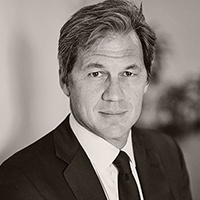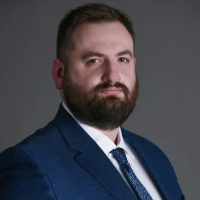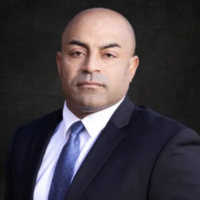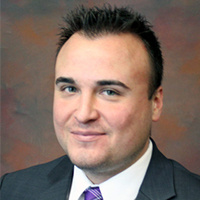Cochiti Pueblo Misdemeanor Lawyer, New Mexico
Sponsored Law Firm
-
 x
x

Click For More Info:
-
Law Offices of Levi M. Chavez, II, LLC
P.O. Box 7595 Albuquerque, NM 87194» view mapCriminal Defense Law Waging War Against Prosecution
As a client, your case will be examined through the lens of Levi’s training in police procedures and criminal investigations.
800-663-0170
Not enough matches for Cochiti Pueblo Misdemeanor lawyer.
Below are all Cochiti Pueblo Criminal lawyers.
John W. Day
✓ VERIFIEDJohn W. Day is an attorney who practices in criminal defense, civil litigation, wrongful death and government misconduct/civil rights litigation. J... (more)
Boglarka Foghi
✓ VERIFIEDThe Foghi Law Firm was founded by Boglarka Foghi in 2009, specializing in criminal defense, family law, and business law. Managing Partner Boglarka F... (more)
Todd J. Bullion
✓ VERIFIEDI have extensive trial experience having tried over forty (40) cases in my career ranging from simple DWI to First Degree Murder. I have worked in hig... (more)
Mark A. Keller
✓ VERIFIEDMark A. Keller and his team of attorneys provide aggressive legal defense for people in Albuquerque, the surrounding area and throughout the State of ... (more)
Rachel Walker Al-Yasi
✓ VERIFIEDCriminal Lawyer proudly serving Albuquerque, New Mexico and the surrounding areas. Please call 800-578-4330 to speak with Rachel Walker Al-Yasi today.... (more)
Eric Raymon
✓ VERIFIEDIn his years of extensive legal experience, Mr. Raymon has handled a wide array of cases, always striving to provide the best service to his clients. ... (more)
Ryan D. Baughman
✓ VERIFIEDThe Law Office of Ryan D. Baughman, LLC is a law office based out of Albuquerque, New Mexico. The office is led by solo-practitioner Ryan D. Baughman,... (more)
Leonard J. Foster
✓ VERIFIEDLeonard J. Foster accepts cases involving Personal Injury, Criminal Law, Business Law, & Native Peoples and is an active Lawyer practicing in Albuquer... (more)
Joshua A. Goldberg
✓ VERIFIEDJoshua Goldberg is a practicing lawyer in the state of New Mexico who handles criminal matters.
 Levi M. Chavez, II Albuquerque, NM
Levi M. Chavez, II Albuquerque, NM Practice AreasExpertise
Practice AreasExpertise









